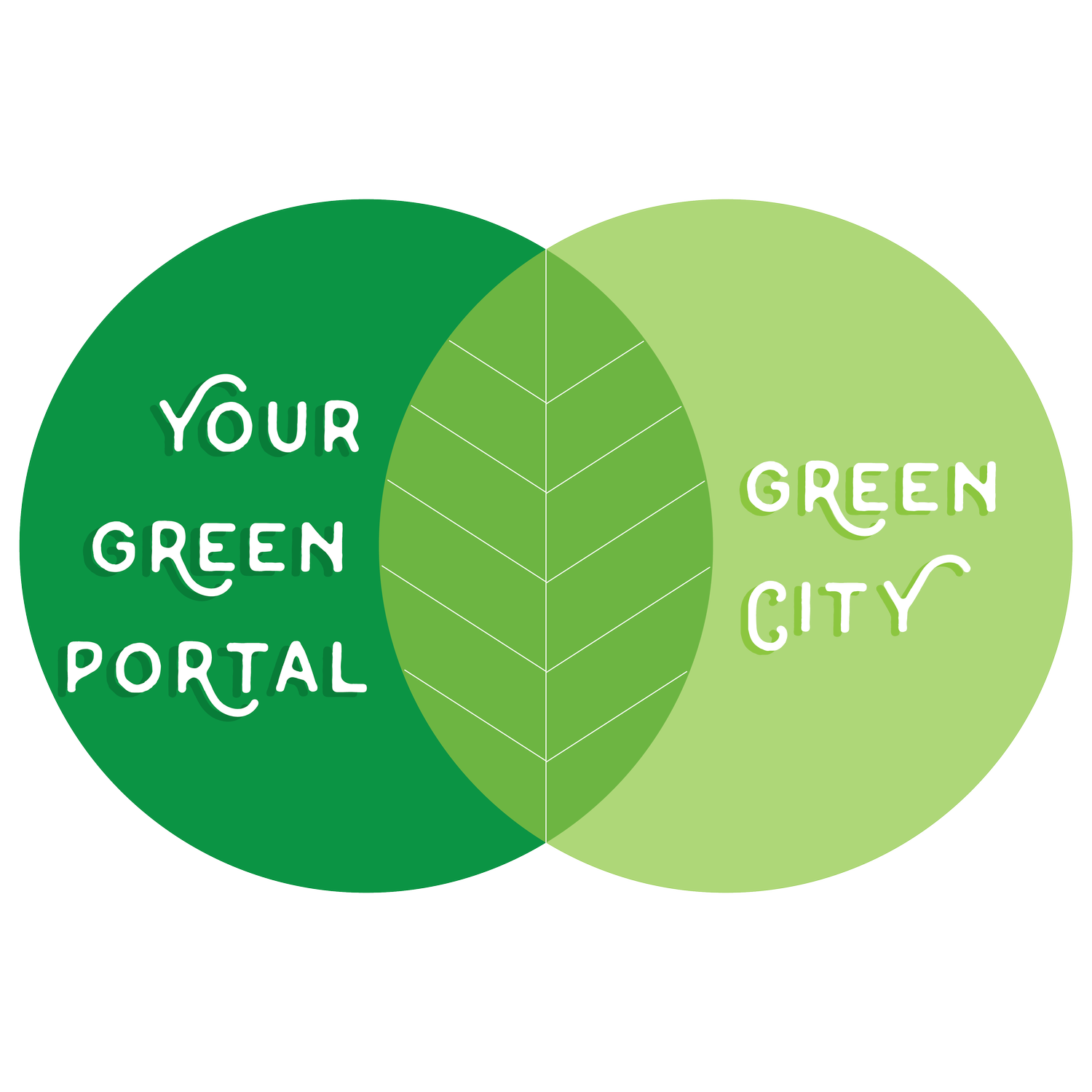In our continued discussion focused on water, today’s show highlights the impact water has on our health; individually and as a community. In this four-part series, we are having conversations with experts around Iowa on the impact water quality and quantity have on various key aspects of our everyday living. Alicia Vasto, water program associate director for the Iowa Environmental Council is my co-host for this series.
The Iowa Environmental Council is a leading collaborative organization focused on water quality and land stewardship that advocates for “strong standards and goals that strengthen Iowa’s environment, economy, communities, health and quality of life.”
We know that water quality is an issue here in Iowa and much of it is due to impacts from current agricultural practices. Data shows that this is a problem across the U.S., according to an article in Medical News Today titled “What effects does water pollution have on human health,” published in November of 2020. As stated in the article, “the agricultural industry is one of the biggest consumers of freshwater. In the U.S., it is responsible for around 80% of the nation’s water consumption. Agriculture is also the main source of pollution in rivers and streams in the U.S.” The article goes on to state that “contaminates from agriculture usually contain high amounts of phosphorous and nitrogen, which encourage the growth of algal blooms. These blooms produce toxins that kill fish, seabirds, and marine mammals, as well as harming humans.”
Joining us this week is Brian Hanft, director of the Department of Public Health for Cerro Gordo County which is the Mason City/Clear Lake area. Brian holds a bachelor’s degree in Environmental Planning and a master’s in Public Health Administration. Prior to joining Cerro Gordo County, Hanft worked for the Black Hawk County Department of Public Health and Polk County Environmental Health.
We must continue to have open discussions on water quality and quantity given its critical role in our health and the health of our communities across our state and our world.
Key Takeaways from our discussion:
- Many rural acreages across Iowa use private wells for their source of water. These are not regulated and tested like public water sources
- Due to relationships developed by public health agencies, some policy changes have been enacted that focus on groundwater testing and quality
- Public health agencies serve as a local, trusted source for data and guidance on the importance of water quality testing and monitoring
- Public health agencies across the state also try to monitor surface water supplies and help promote general impacts of current practices
- Between 70% and 80% of Iowan’s continue to support a 3/8th cent sales tax increase to fund the Natural Resources and Outdoor Recreation Trust Fund (known as IWILL), yet it has not been funded in the 10 years since it was voted on and overwhelmingly approved by Iowa’s citizens.
- IWILL would not only provide a path for improving our water quality but it also provides a draw for new businesses and for young people to stay or come to Iowa
- Now is the time to reach out to your legislators and local board of health and county supervisors to let them know that you would like them to pass a policy statement supporting the funding of IWILL (see Cerro Gordo County’s example)
- It’s all about relationships!
“In an age when man has forgotten his origins and
Is blind even to his most essential needs for survival,
Water along with other resources
Has become the victim of his indifference.”
~ Rachel Carson
“I have little need to remind you that
Water has become one of our
Major national concerns.”
~ Ezra Taft Benson, U.S. Secretary of Agriculture, 1955
Thank you for listening to today’s discussion. Let’s continue the conversation and learn from each other.

